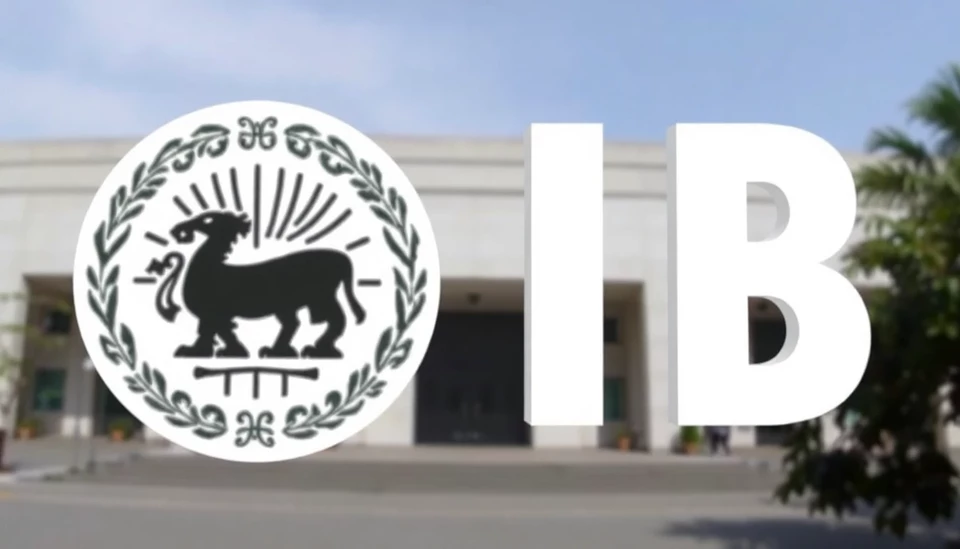
IMF Moves Forward with Bangladesh Discussions on Crucial Staff-Level Pact
The International Monetary Fund (IMF) is set to continue its discussions with the Bangladesh government regarding a critical staff-level agreement aimed at bolstering the nation’s fiscal stability and economic growth. This important dialogue comes at a time when Bangladesh is grappling with a myriad of economic challenges, including inflation and declining foreign reserves.
Continue reading
Can $1.6 Trillion Rescue China's Hidden Debt Crisis?
In a startling revelation about China's economic landscape, a new analysis suggests that an astronomical sum of $1.6 trillion could play a critical role in addressing President Xi Jinping’s pressing hidden debt dilemma. As the world's second-largest economy continues grappling with financial inconsistencies, this substantial financial boost may provide a much-needed lifeline to stabilize the situation.
Continue reading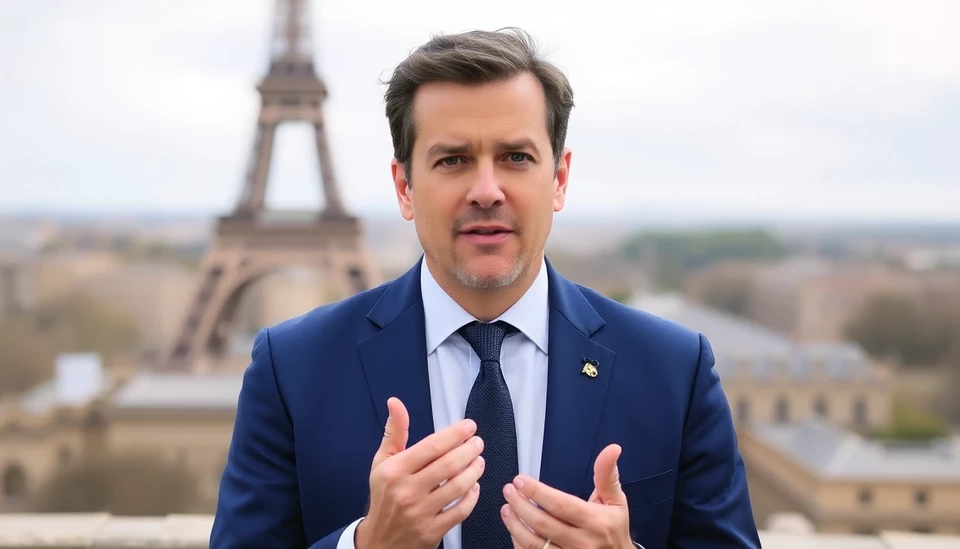
France's Ambitious Savings Goal: A $40 Billion Challenge Ahead of 2026 Deficit Target
In a bold move to address its fiscal responsibilities, France has set a daunting target to achieve a staggering €40 billion in savings by 2026. This ambitious financial strategy comes as the nation aims to rein in its public deficit, a crucial step amid ongoing economic pressures and the necessity to stabilize its financial landscape.
Continue reading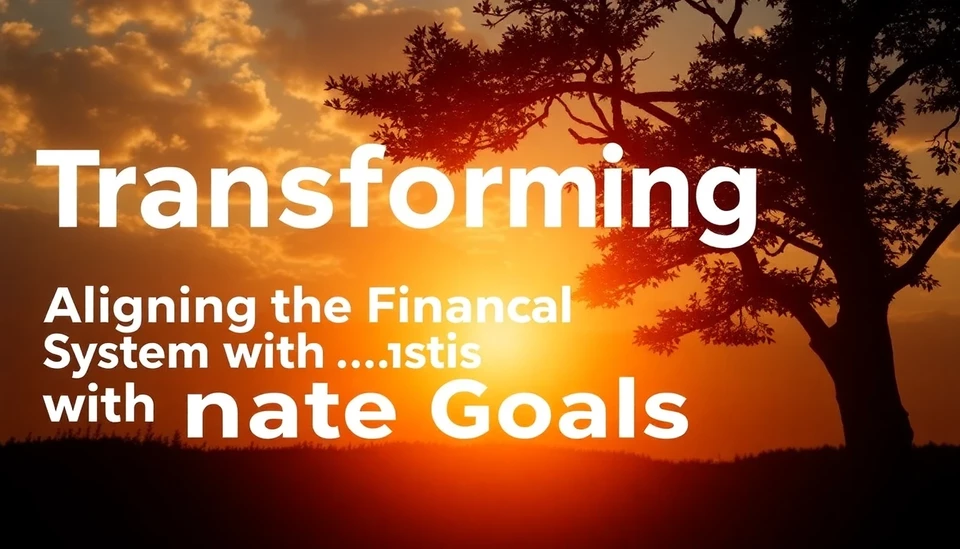
Transforming Finance: Aligning the Financial System with Climate Goals
In a bold move to combat the escalating climate crisis, financial experts are rallying for a comprehensive overhaul of the financial system to ensure it facilitates, rather than hinders, efforts to achieve sustainability. The recent discourse emphasizes the urgent need for investments that prioritize environmental well-being and the integration of climate considerations into financial decision-making processes.
Continue reading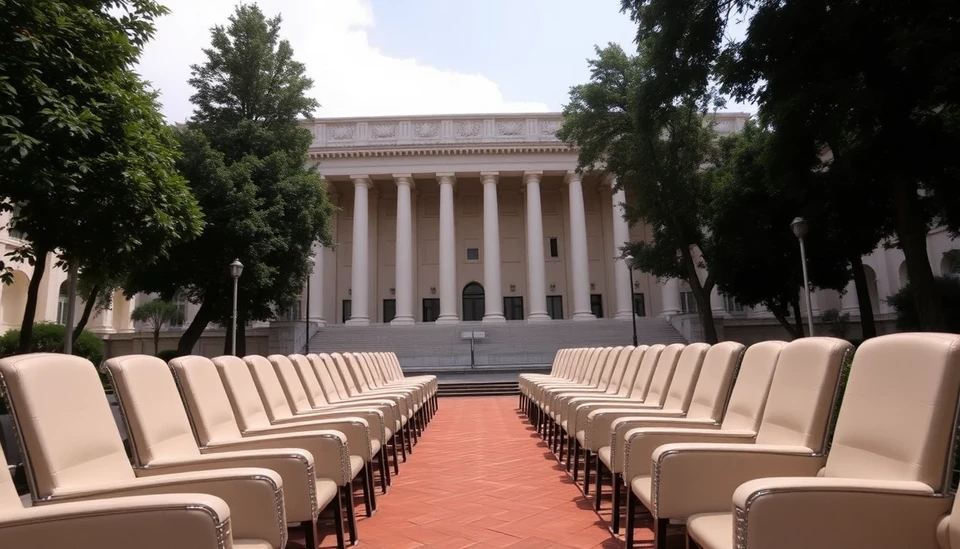
IMF Meets Again with Argentina as Upfront Payment Sparks Debate
In a significant development for Argentina's economic landscape, the International Monetary Fund (IMF) convened once more to discuss the complex and contentious details of the nation’s financial obligations. This meeting comes in the wake of ongoing negotiations concerning an upfront payment that has proven divisive among key stakeholders.
Continue reading
Zimbabwe's Economic Crisis: The Rise of the US Dollar Amid Zig Liquidity Crunch
In a striking development in Zimbabwe's economic landscape, the nation is experiencing a severe liquidity crunch that has propelled the US dollar to the forefront of its economy. This situation has unfolded against the backdrop of chronic hyperinflation and widespread cash shortages, leading many businesses and individuals to increasingly rely on the US dollar for transactions and savings.
Continue reading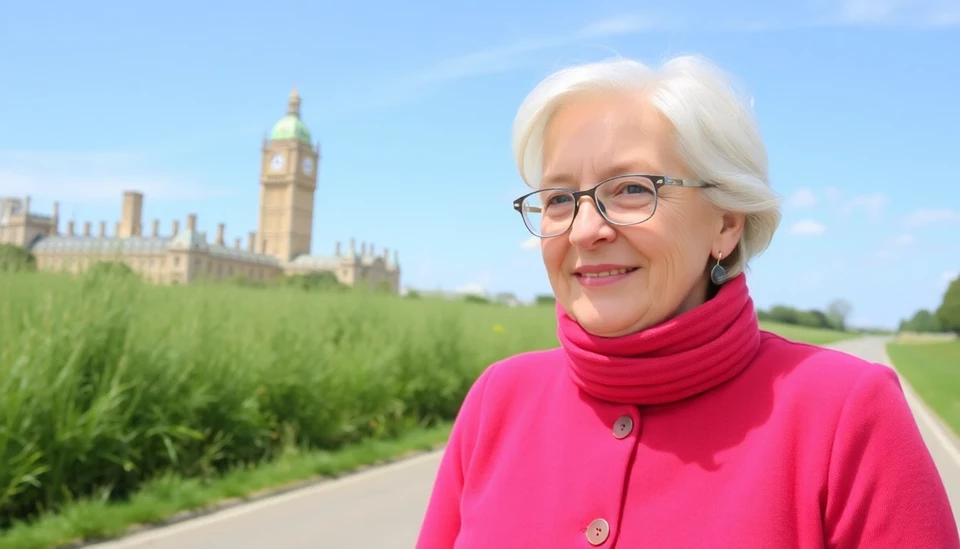
Transformative UK Pension Reforms Aim to Safeguard Gilt Market Stability
In a significant policy shift aimed at strengthening the UK's financial stability, reforms involving pension schemes are set to be implemented, as confirmed by an industry expert. The move comes as a response to the increasing pressures on the gilt market, which has seen volatility in recent times, raising concerns among investors and financial institutions alike.
Continue reading
Vietnam Expands Foreign Ownership Cap in Domestic Banks to 49%
In a significant regulatory shift, Vietnam has announced an increase in the permissible foreign ownership limit in certain domestic banks from 30% to 49%. This decision, which comes amid ongoing efforts to attract foreign investment, is expected to enhance the capital base of these financial institutions and foster competitive practices within the banking sector.
Continue reading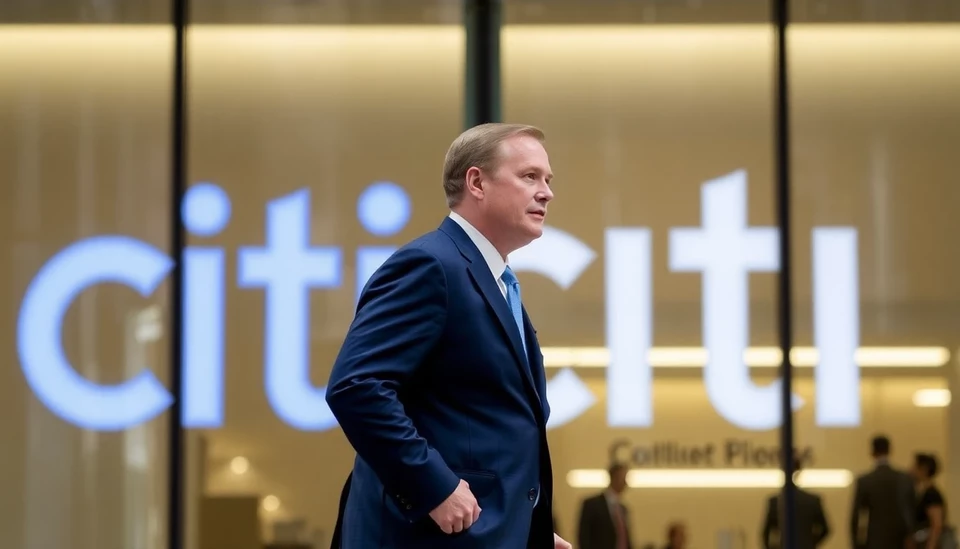
Citi Cuts Special Executive Bonuses Amid Strategic Turnaround Efforts
In a significant move to align executive compensation with its ongoing turnaround efforts, Citigroup has announced a reduction in special bonuses for its top executives. This decision comes as part of a broader strategy aimed at enhancing the bank's performance and restoring investor confidence following years of inconsistent results. The changes will impact a select group of senior leaders, prompting discussions about the bank's future direction and priorities.
Continue reading
Elon Musk Critiques Federal Reserve Staffing Levels, Calls for Downsizing
In a recent statement highlighting his ongoing critique of the Federal Reserve, Elon Musk has reiterated his belief that the institution is significantly overstaffed. Speaking to a group of investors and analysts, the billionaire entrepreneur firmly asserted that the Fed's current workforce is "absurdly large," suggesting that such staffing levels are not just excessive but hinder the efficiency of the central banking system.
Continue reading